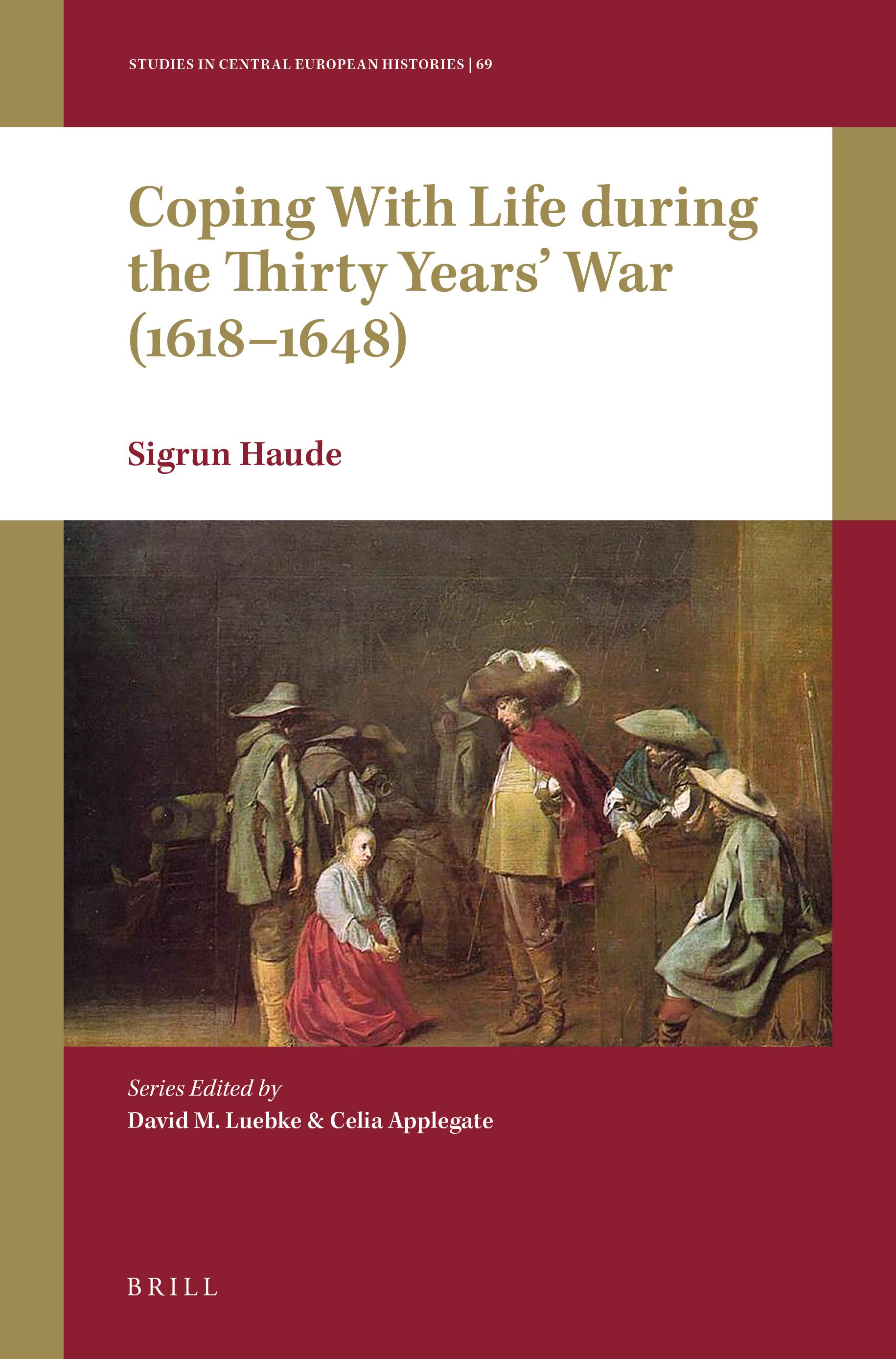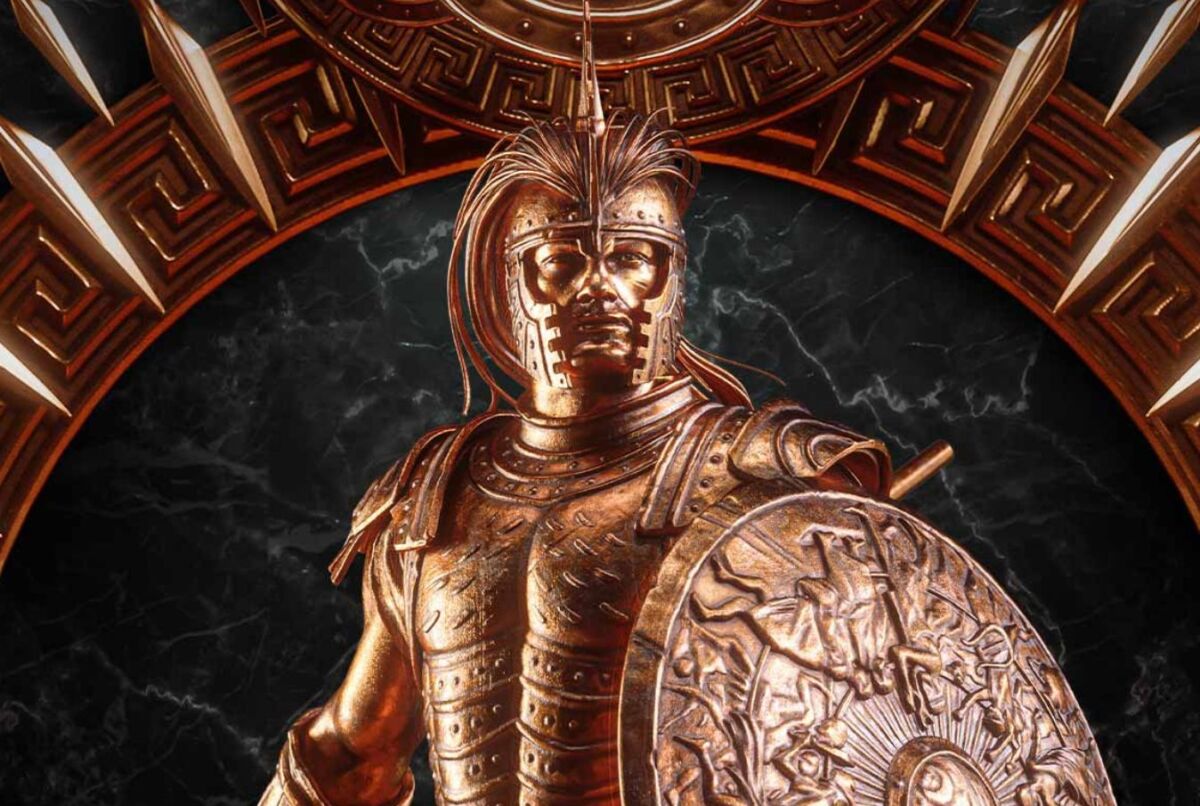

Spain had lost most of its control over Latin America when countries there asserted their independence in the earlier part of the nineteenth century.

The Spanish Empire had imperial possessions around the world but had been slowly declining over the previous few centuries. Expansionist fever aroused during the Spanish-American War led to the U.S. The Sandwich Islands (now Hawaii) were targeted for annexation after American intervention in a local revolution and civil war in 1894. American interest in Samoa nearly led to war with Germany in 1889 and again in 1899. Interest in trade with China led to several war scares and crises over the control of Pacific island bases, needed for refueling steam-powered vessels at coaling stations on the long voyage.

A popular movement rooted in newfound industrial wealth, a desire for trade, strategic interests, and a sense of cultural and racial superiority, this “New Manifest Destiny” asserted spurious scientific foundations for its claims of racial and cultural superiority, as American writers echoed the widespread ideas of social Darwinism by applying the theory of natural selection to social, cultural, political, and racial issues and arenas. The last quarter of the nineteenth century saw a new wave of American expansionism into the Pacific. Mark Twain on American Imperialism, 1898-1906 Primary Source to explore the U.S. Use this Narrative with the Remember the Maine! and Theodore Roosevelt and the Rough Riders Narrative and the Redfield Proctor vs.


 0 kommentar(er)
0 kommentar(er)
